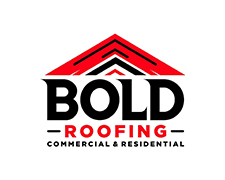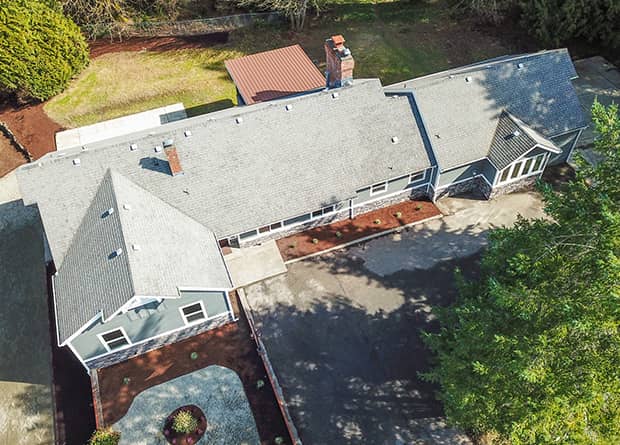“Lifetime shingles”. “50-year warranty”. “Never worry about your roof again”. These phrases are plastered all over roofing websites, TV commercials, and sales brochures. They’re designed to make you feel secure — like your roof is set for the rest of your life.
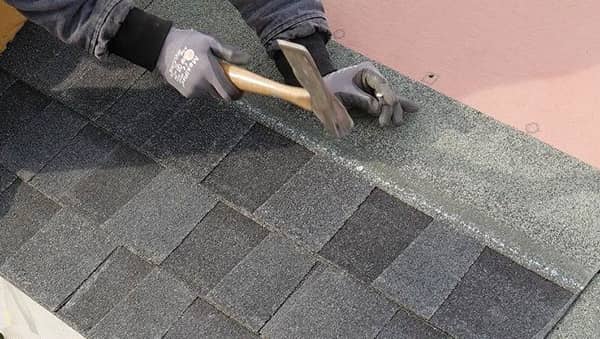
But here’s the uncomfortable truth:
- There’s no such thing as a true 50-year roof warranty.
- And the “lifetime” protection they sell you isn’t nearly what you think it is.
This chapter breaks down the legal trickery, the marketing sleight of hand, and the warranty fine print that turns what sounds like peace of mind into a false sense of security.
What a “50-Year Shingle” Actually Means
First, understand the language:
- “50-year” refers to how long the product is warranted — not how long it will last.
- “Lifetime” typically refers to the original purchaser, and most often means limited protection that severely drops off after 10 years.
- “Limited lifetime warranty” means “we’ll cover defects… under certain conditions… that almost never get approved.”
It’s smoke and mirrors — legal language written to protect the manufacturer, not the homeowner.
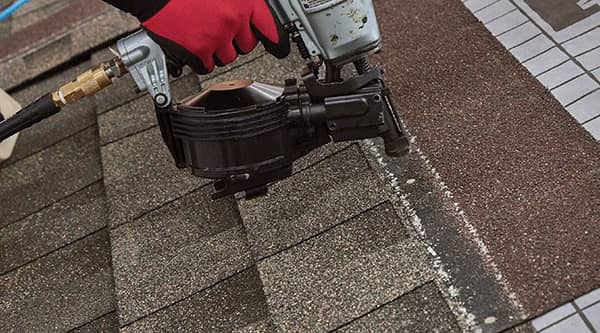
So What’s Actually Covered?
Most major shingle manufacturers (GAF, Owens Corning, CertainTeed, Atlas, Tamko) offer:
- Full replacement coverage for 10-15 years — but ONLY if the shingles are installed exactly to spec. If one thing was not installed to spec or a generic product was used, you could be denied any coverage.
- Prorated coverage after 10 years, meaning your “warranty” drops in value each year.
- No labor coverage unless you used a “certified contractor” AND registered the warranty AND the contractor followed every manufacturer detail. This is why it is extremely important to hire a reputable company, not just the most affordable one.
- Depending on the manufacturer, debris disposal fees may not be covered.
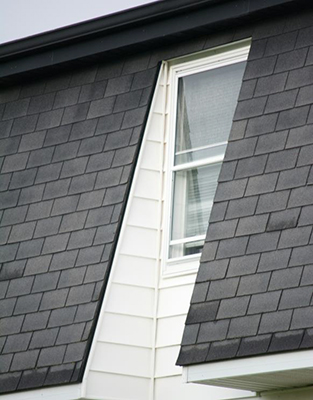
So yes — you may have a 50-year warranty on paper. But if anything goes wrong, you’ll likely hear one of three things:
- “This was an install issue, not a product defect.”
- “It wasn’t registered properly, so it’s under basic coverage.”
- “The damage is due to wear and tear or environment, not manufacturing.”
Sounds quite similar to insurance companies huh?
The Lawsuit History Nobody Mentions
Every major shingle brand has faced:
- Class action lawsuits
- Premature failures
- Widespread cracking, curling, blistering, or delamination
They just don’t talk about it. You won’t find it in the top Google results, they are good at burying it. But it’s happened — over and over again. Manufacturers have quietly paid out millions in settlements, rebranded their lines, and rewritten their warranty language to shift more responsibility to the homeowner.
How Roofing Companies Use This Against You
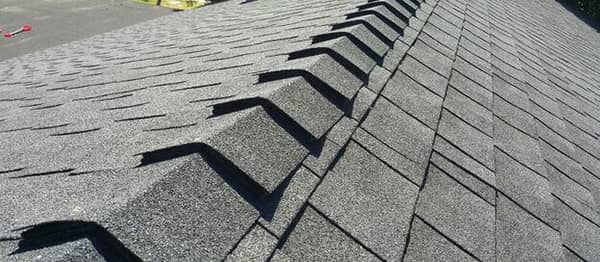
Most roofing sales reps push the “lifetime” shingle claim because it:
- Sounds impressive
- Reduces objections
- Closes the deal faster
- Makes the customer feel like they’re covered no matter what

But if you ever have to use that warranty? They’re long gone. And the manufacturer will do everything they can to avoid paying. Unless you kept every receipt, registered your install, took photos of every step, and followed the fine print? You’ll likely get a denial or a tiny prorated payout.
So What Should You Ask For Instead?
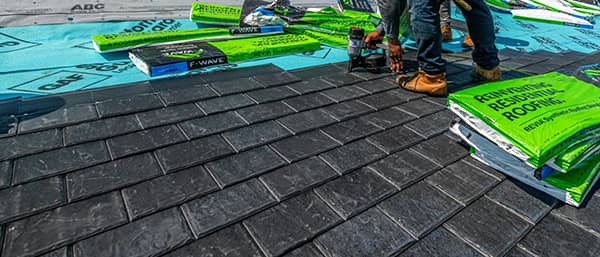
A real contractor will offer:
- Workmanship warranties (typically 2–10 years) that actually mean something
- Manufacturer-backed extended warranties — but only if the install process is properly followed and registered
- A clear explanation of what’s covered, when it expires, and what voids it
Also, ask:
- “Is labor covered under this warranty?”
- “What happens if the shingle fails due to exposure?”
- “What paperwork do I need to keep to maintain warranty coverage?”
If they can’t answer those questions, walk away.
Final Thought: Shingle Warranties are Built to Sell – Not to Serve
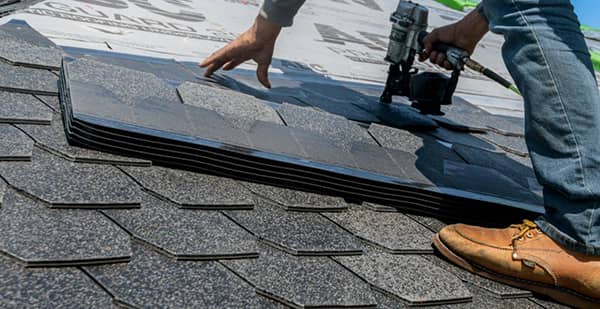
You didn’t do anything wrong. You trusted the marketing — because everyone does. But now you know better. “50-year shingles” are a sales phrase, not a guarantee. “Lifetime warranty” is a contractual maze, not a promise. And when it comes to roofing, what matters most isn’t the warranty on the brochure… It’s the quality of the install, the honesty of your contractor, and the reality of your coverage.
